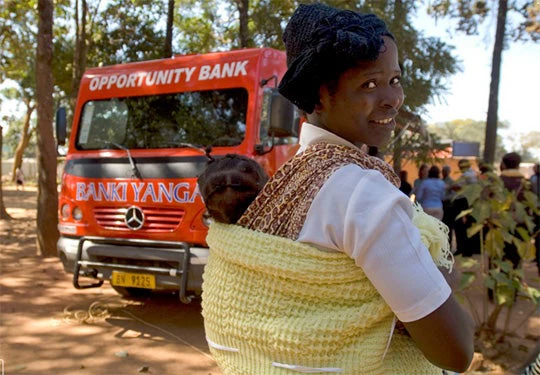In post conflict countries, those who have made it out of the country are keenly aware that the livelihoods of those left behind vitally depend on remittance transfers. While concerns have been expressed about the possibility that remittances may stoke conflict, the majority view is that Diaspora support from abroad can contribute to democracy. It has been clearly established that private remittances are of central importance for restoring stability by enhancing human security in strife-torn societies. As in much of Sub-Saharan Africa, due to the predominantly informal nature of remittance delivery mechanisms, the magnitude of remittances to the economies of these regions has been under-estimated.
Remittances can play a unique role in reconstruction and development in post conflict countries. This was the conclusion at an event hosted by the World Bank on January 8th. Participants discussed a new report from the interdisciplinary research Task Force at the Boston University Center for Finance, Law & Policy: “Remittance Flows to Post-Conflict States: Perspectives on Human Security and Development”. This is one of the first attempts to systematically analyze the role of remittances amidst the considerable challenges posed by rebuilding post-conflict economies.
The African Institute of Remittances (AIR) will be taking careful note of these findings. Designed as an African led initiative to deal exclusively with the challenges of leveraging remittances in order to maximize their impact on economic and social development on the continent, AIR will dedicate its efforts to meeting the significant demand for technical assistance and capacity-building services in African countries. While remittances play a vital role in developing economies under normal circumstances, their contribution to the reconstruction of fragile societies is even more critical.



Join the Conversation